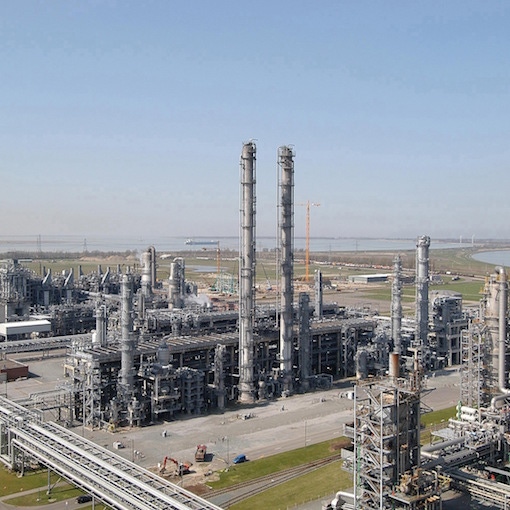September 1, 2016

It would finally seem that PEF, or polyethylene furandicarboxylate as it is officially known, is starting to live up to its promise. Avantium, the Amsterdam-based company that developed a proprietary technology for the production of FDCA, the biobased building block from which PEF is made, has long extolled the virtues of PEF, yet the commercialization of this new biopolyester has proven to be a long and drawn-out process.
 Today, however, a new step in that direction was taken, when Japanese fiber producer Toyobo and Avantium announced that they have jointly developed new, thin films made from PEF. The new films, with a thickness of about 10 micrometers (one hundredth of a millimeter), are targeted at applications such as food packaging, as well as electronics such as displays or solar panels, industrial and medical packaging.
Today, however, a new step in that direction was taken, when Japanese fiber producer Toyobo and Avantium announced that they have jointly developed new, thin films made from PEF. The new films, with a thickness of about 10 micrometers (one hundredth of a millimeter), are targeted at applications such as food packaging, as well as electronics such as displays or solar panels, industrial and medical packaging.
“I have been impressed by the innovative capability and drive of the Japanese industry’, says Tom van Aken (CEO Avantium). ‘Toyobo has state-of-the-art know-how and manufacturing capability in polymerization and thin films. We are proud to work with such an excellent partner to scale up PEF polymer and thin film production.”
Van Aken pointed to the potential of PEF to replace complex and petroleum based multilayer packaging solutions, with a biobased and recyclable PEF film, “without compromising the high quality standards required by Japanese packaging market”. The advantages of PEF films, compared to standard PET films, are numerous. PEF films have a 10x higher oxygen barrier, 2~3x higher water vapor barrier, improved mechanical strength and are fully transparent. These performance benefits pave the way for new packaging opportunities, such as transparent pouches for soups, sauces or baby foods. The barrier properties extend the shelf life when packaging oxygen sensitive products like meat, fish, dairy products, or fresh pizzas, or moisture sensitive products such as cereals, cookies, crisps, personal care or medical products, and enhance the aroma barrier for packaged cheeses, fish or detergents.
The market development of the PEF films in Asia will be performed in collaboration with Mitsui & Co., Ltd. (‘Mitsui’), with which Avantium announced a partnership in December 2015. The parties expect to offer samples for packaging tests from 2017 onwards.
“These developments support our efforts, in partnership with Mitsui, to introduce 100% bio-based PEF products such as films and bottles to consumers in Asia, making PEF a commercial reality,” said Van Aken.
Toyobo and Avantium are jointly optimizing polymerization processes in Toyobo’s existing polymerization assets to produce PEF resin at commercial scale from MEG (ethylene glycol) and Avantium’s biobased chemical building block FDCA. The parties intend to scale up PEF resin production to Toyobo’s commercial polymerization lines in Iwakuni, Japan.
“Using our flexible assets and the know-how of our employees, it is the strategy of Toyobo to stay ahead of the curve in bringing innovative products to the market”, said Chikao Morishige, Senior General Manager Plastics Production Technology Operating Department at Toyobo in a statement. “100% biobased PEF fits very well with our track record of introducing innovative materials and products to the market. Toyobo is therefore pleased to be working with Avantium and Mitsui to bring high performance PEF based packaging to customers.”
In March this year Avantium announced it is in exclusive negotiations with BASF with the intention of establishing a joint venture for the production and market development of FDCA and the marketing of PEF.
About the Author(s)
You May Also Like


